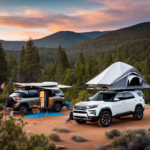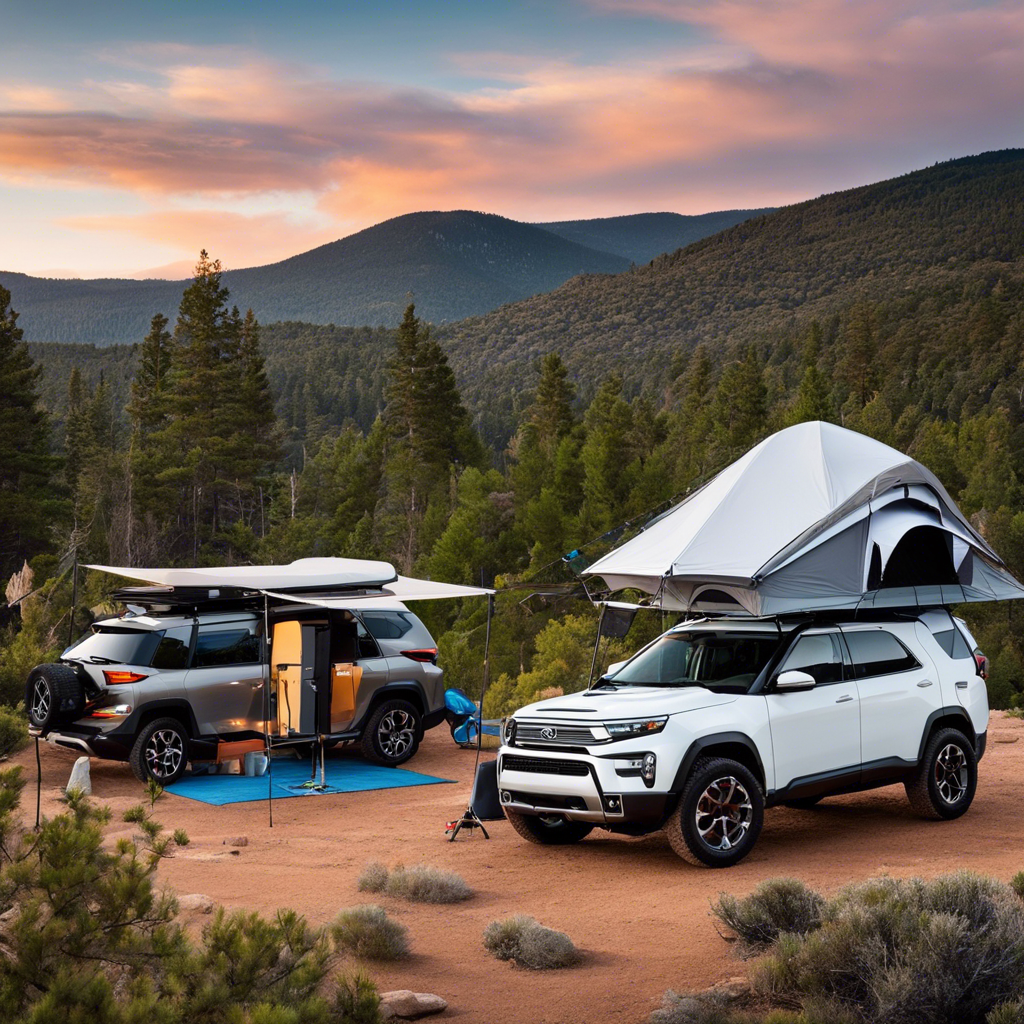Getting ready to hit the open road for a road trip adventure? Before you embark on your journey, it’s crucial to ensure your car is in tip-top shape to make your trip safe and stress-free. From basic maintenance checks to packing the essentials, here’s a comprehensive guide on how to prepare your vehicle for the ultimate road trip.
**1. Basic Car Maintenance:**
Start by giving your car some TLC with these simple maintenance tasks. Check your vehicle’s fluids, including engine oil, coolant, brake fluid, and windshield washer fluid. Top them up if necessary. Ensuring your car’s fluids are at the correct levels is vital for optimal performance and preventing breakdowns. Inspect the air filter and replace it if it’s dirty. A clean air filter improves engine performance and fuel efficiency. Additionally, check your tire pressure, including the spare tire. Underinflated tires can cause increased fuel consumption and pose safety risks. Refer to your car’s manual or the sticker inside the driver’s door jamb for the recommended tire pressure. Don’t forget to examine the tread depth of your tires. Worn-out tires can be dangerous, especially in wet conditions. If the tread is below the recommended depth, consider replacing them before your trip. Lastly, ensure all your lights are functioning properly, including headlights, taillights, turn signals, and brake lights.
**2. Battery and Electrical System Check:**
A weak battery can leave you stranded, so it’s crucial to test your battery’s health. Check the battery terminals for corrosion and clean them if necessary. If your battery is more than three years old, consider having it tested by a professional to ensure it’s reliable for long-distance travel. Also, inspect the charging system, including the alternator and belts, for any signs of wear or damage.
**3. Brake Inspection:**
Safety should always be a priority. Inspect your brake pads and rotors for wear. If they are close to their wear limit, replace them before your trip. Additionally, check the brake fluid level and condition. Contaminated or old brake fluid may need to be flushed and replaced.
**4. Packing the Essentials:**
– **Emergency Kit:** Pack an emergency kit that includes a first-aid kit, basic tools, jumper cables, a flashlight, reflective triangles or emergency flares, and a fire extinguisher.
– **Documents:** Carry important documents like vehicle registration, insurance papers, and contact information for emergency roadside assistance.
– **Maps and Navigation:** While GPS is handy, don’t rely solely on technology. Have physical maps or a road atlas as backup, especially in areas with limited cell service.
– **Snacks and Water:** Pack some non-perishable snacks and plenty of water to keep you hydrated and energized during your journey.
– **Comfort and Entertainment:** Include pillows, blankets, and entertainment options like audiobooks, music playlists, or games for a more enjoyable ride.
**5. Vehicle Interior Preparation:**
– **Clean and Organize:** A tidy car makes for a more pleasant journey. Remove any unnecessary items and give your car a thorough cleaning.
– **Seat Comfort:** If you’re driving long hours, consider adding seat cushions or lumbar support for extra comfort.
– **Sun Protection:** Invest in a sunshade for your windshield to keep the car’s interior cooler and protect it from sun damage.
**6. Prepare for the Unexpected:**
– **Roadside Assistance:** Ensure your membership is up to date with a reliable roadside assistance provider.
– **Spare Tire and Tools:** Check that your spare tire is inflated and in good condition. Keep the necessary tools, like a jack and tire iron, easily accessible.
– **Learn Basic Car Maintenance:** Familiarize yourself with simple car maintenance tasks, such as changing a flat tire or checking engine oil. Knowing these skills can be invaluable during emergencies.
**7. Test Drive and Final Checks:**
Before embarking on your road trip, take your car for a test drive to ensure everything feels right. Listen for unusual noises, and check for any vibrations or unusual handling. Pay attention to the temperature gauge to ensure the engine is running within the normal temperature range. Test all the lights, signals, and wipers to ensure they are functioning correctly.
**8. Stay Informed and Plan Your Route:**
Keep yourself updated with road conditions, weather forecasts, and any potential detours or road closures along your route. Plan your journey, including rest stops and refueling points, to manage your time effectively and avoid unnecessary stress. Consider downloading offline maps and navigation apps to stay on track even in areas with poor connectivity.
Preparing your car for a road trip is an essential step towards creating memorable experiences. By following these expert tips, you’ll be well-equipped to handle any challenges on the road, ensuring a smooth and enjoyable journey. Happy trails!










